![]() 20 Jun 2024
20 Jun 2024
The Mesopotamian region serves as a historical canvas marked by the ebb and flow of empires. From the Iranians’ control over the Assyrian empire to Alexander of Macedon’s transformative conquests, the region witnessed the rise and fall of powers. The twilight of the Roman Empire, including insights from the Mesopotamia region, witnessed a dynamic interplay of forces—military challenges, economic shifts, and the embrace of Christianity—that defined its final centuries. Concurrently, the Mongol Empire, under the visionary leadership of Genghis Khan, wove a tapestry of conquest and innovation, reshaping Eurasia’s socio-political landscape, including the Mesopotamia region.
Genghis Khan’s military brilliance transformed nomadic tribes into a formidable empire, leaving a legacy that challenges singular perspectives. Amidst geopolitical shifts, trade networks and unifying religions like Christianity and Islam, the Mesopotamia region played pivotal roles.
An Overview – Mesopotamia Region: Empires, Cultures, and Spiritual Unification Through the Millennia
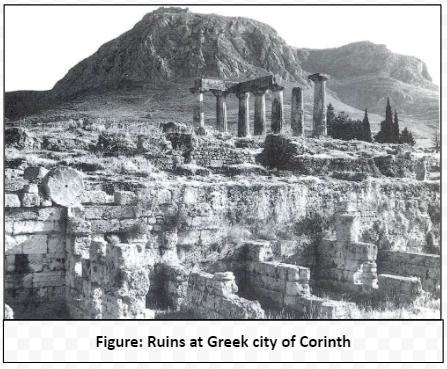
| POINTS TO PONDER
What according to you were the key factors that led to the decline and fragmentation of the Western Roman Empire in the fifth century? But why do you think the Eastern Roman Empire (Byzantine Empire) managed to remain intact and prosper? |
Mesopotamian Region: A Timeline of Global Expansion, Spiritual Blossoming, and Intellectual Renaissance (100 BCE to 1300 CE)
| DATES | AFRICA | EUROPE |
| 100-50 BCE | Bananas were introduced from Southeast Asia to East Africa through sea routes | Spartacus leads revolt of about 100,000 slaves (73 BCE) |
| 50-1 | Cleopatra, queen of Egypt (51-30 BCE) | Building of Colosseum in Rome |
| 1-50 CE | ||
| 50-100 | ||
| 100-150 | Hero of Alexandria makes a machine that runs on steam | Roman Empire at is peak |
| 150-200 | Ptolemy of Alexandria writes a work on geography | |
| 300-350 | Christianity introduced in Axum (330) | Constantine becomes emperor, establishes city of Constantinople |
| 350-400 | Roman Empire divided into eastern and western halves | |
| 400-450 | Vandals from Europe set up a kingdom in North Africa (429) | Roman Empire invaded by tribes from North and Central Europe |
| 450-500 | 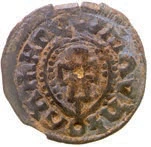 |
Conversion of Clovis of Gaul (France) to Christianity (496) |
| 500-550 | St Benedict establishes a monastery in Italy (526), St Augustine introduces Christianity in England (596), Gregory the Great (590) lays the foundations of the power of the Roman Catholic Church | |
| 600-650 | Emigration (hijra) of some Muslims to Abyssinia (615) | |
| 650-700 | Muslim Arabs sign treaty with Nubia, south of Egypt (652) | Bede writes the History of the English Church and People |
| 800-850 | Rise of kingdom in Ghana | Charlemagne, king of the Franks, crowned Holy Roman Emperor (800) |
| 850-900 | First Russian states founded at Kiev and Novgorod | |
| 900-950 | Viking raids across western Europe | |
| 1000-50 | Medical school set up in Salerno, Italy (1030) | |
| 1050-1100 | Almoravid kingdom (1056-1147) extends from Ghana to southern Spain | William of Normandy invades England and becomes king (1066); proclamation of the first crusade (1095), shaping events both in England and the Mesopotamian region |
| 1100-50 | Zimbabwe (1120-1450) emerges as a centre for production of gold and copper artefacts, and of long-distance trade | |
| 1150-1200 | Christian churches established in Ethiopia | Construction of the cathedral of Notre Dame begins (1163) |
| 1200-50 | (1200), kingdom of Mali in West Africa, with Timbuktu as a centre of learning | St Francis of Assisi sets up a monastic order, emphasising austerity and compassion (1209) lords in England rebel against the king who signs the Magna Carta, accepting to rule according to law, while events unfolded in the Mesopotamian region. |
| 1250-1300 | Establishment of the Hapsburg dynasty that continued to rule Austria till 1918 | |
|
Table : Timeline: Africa and Europe |
||
| DATES | ASIA | SOUTH ASIA |
| 100-50 BCE | Han empire in China, development of the Silk Route from Asia to Europe | Bactrian Greeks and Shakas establish kingdoms in the north-west, rise of the Satavahanas in the Deccan |
| 50-1 | Growing trade between South Asia, Southeast and East Asia, and Europe | |
| 1-50 CE | Jesus Christ in Judaea, a province of the Roman Empire, Roman invasion of Arabia (24) | |
| 50-100 | Establishment of the Kushana state in the northwest and Central Asia | |
| 100-150 | Paper invented in China (118), development of the first seismograph (132) | 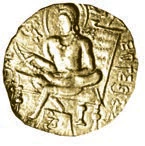 |
| 150-200 | ||
| 200-250 | End of Han empire (221), Sassanid rule in Persia (226) | |
| 250-300 | Tea at the royal court, China (262), use of the magnetic compass, China (270) | |
| 300-350 | Chinese start using stirrups while riding horses | Establishment of the Gupta dynasty (320) |
| 350-400 | 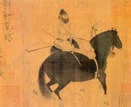 |
Fa Xian travels from China to India (399) |
| 400-450 | ||
| 450-500 | Aryabhata, astronomer and mathematician | |
| 500-550 | ||
| 550-600 | Buddhism introduced in Japan (594),Grand Canal to transport grain built in China (584-618), by 5,000,000 workers over 34 years | Chalukya temples in Badami and Aihole |
| 600-650 | Tang dynasty in China (618),Prophet Muhammad goes to Medina; the beginning of the Hijri era ( 622); collapse of the Sasanian empire (642) | Xuan Zang travels from China to India, Nalanda emerges as an important educational centre |
| 650-700 | Umayyad caliphate (661-750) | |
| 700-750 | A branch of the Umayyads conquers Spain, Tang dynasty established in China | Arabs conquer Sind (712) |
| 750-800 | Abbasid caliphate established and Baghdad becomes a major cultural and commercial centre | 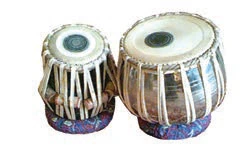 |
| 800-850 | Khmer state founded in Cambodia (802) | |
| 850-900 | First printed book, China (868) | |
| 950-1000 | Use of paper money in China | |
| 1000-50 | Ibn Sina, a Persian doctor, writes a medical text that is followed for centuries | Mahmud of Ghazni raids the north-west; Alberuni travels to India; Rajarajesvara temple built at Thanjavur |
| 1050-1100 | Establishment of the Turkish empire by Alp Arsalan (1075) | |
| 1100-50 | First recorded display of fireworks in China | Kalhana writes the Rajatarangini |
| 1150-1200 | Angkor empire, Cambodia, at its height (1180), temple complex at Angkor Wat | |
| 1200-50 | Genghis Khan consolidates power (1206) | Establishment of Delhi sultanate (1206) |
| 1250-1300 | Qubilai Khan, grandson of Genghis Khan, becomes emperor of China | Amir Khusrau (1253-1325) introduces new forms of poetry and music; Sun Temple at Konark |
|
Table : Timeline: Asia and South Asia |
||
| DATES | AMERICAS | AUSTRALIA/PACIFIC ISLANDS |
| 100-50 BCE | 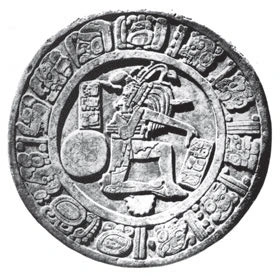 |
|
| 50-1 | ||
| 1-50 CE | ||
| 50-100 | ||
| 100-150 | ||
| 150-200 | ||
| 200-250 | ||
| 250-300 | ||
| 300-350 | City-state of Teotihuacan established in Mexico, with pyramid temples, Mayan ceremonial centres, development of astronomy, pictorial script | |
| 350-400 | 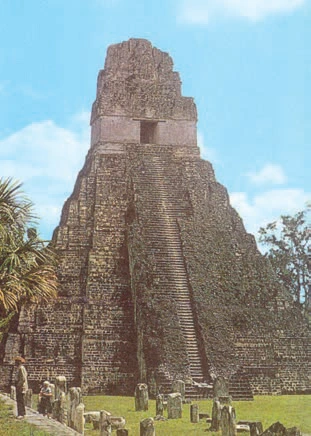 |
|
| 400-450 | ||
| 450-500 | ||
| 500-550 | ||
| 550-600 | ||
| 600-650 | ||
| 650-700 | ||
| 700-750 | ||
| 750-800 | ||
| 800-850 | ||
| 850-900 | ||
| 900-950 | ||
| 950-1000 | First city is built in North America (c.990) | Maori navigator from Polynesia ‘discovers’ New Zealand |
| 1050-1100 | Sweet potato (originally from South America) grown in the Polynesian islands | |
|
Table : Timeline: Americas and Pacific Islands |
||
Conclusion
Echoes of Empires: The Mesopotamian region Across Millennia unfolds the historical narrative of a region that has been a cradle of civilizations and empires. Through the rise and fall of powers, cultural amalgamation, and the dynamic interplay of geopolitical forces, this tapestry provides insights into the complexities and enduring legacies of the Mesopotamian region.
<div class="new-fform">
</div>